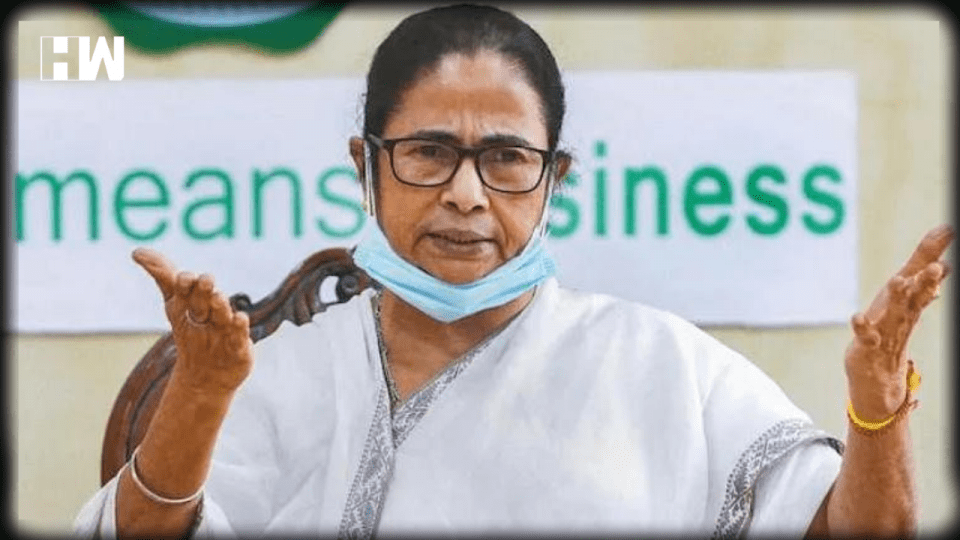New Delhi: The winter session of the Parliament scheduled to begin on November 29 amidst of it Bengal Chief Minister Mamata Banerjee will visit Delhi between November 22 and 25.
According to the sources, Bengal CM Mamta Banerjee will meet opposition leaders to talk strategy and also have take on BJP for what is likely to be another explosive session – in which farm laws’ repeal will take centre stage.
The formal process of scrapping the laws is expected in this session.
The three farm laws – passed last year amid ruckus in the Parliament – led to 15 months of furious protests from farmers till Prime Minister Narendra Modi yesterday said the laws would be repealed.
Prime Minister Narendra Modi on Friday announced that the government has decided to repeal the three farm laws, which were at the centre of protests by farmers for the past year, and appealed them to return home.
In his address to the nation on the auspicious occasion of Guru Nanak Jayanti, Prime Minister Modi insisted that the laws were in the benefit of farmers and then apologized to people of the country while adding that the government could not convince a section of farmers despite its clear heart and clean conscience.
“I have come to tell you that we have decided to repeal the three farm laws. In the upcoming Parliament session starting at the end of this month, we will complete the constitutional process to repeal the three farm laws,” PM Modi said.
Ms Banerjee tweeted “heartfelt congratulations to every single farmer”, offered condolences to the families of farmers who had died, and slammed the BJP for the “cruelty” meted out to the protesters.
Mamata Banerjee may also meet Prime Minister Modi, news agency PTI said this week. The two are expected to discuss issues like the centre’s contentious increase of BSF jurisdiction featured
As an independent media platform, we do not take advertisements from governments and corporate houses. It is you, our readers, who have supported us on our journey to do honest and unbiased journalism. Please contribute, so that we can continue to do the same in future.

